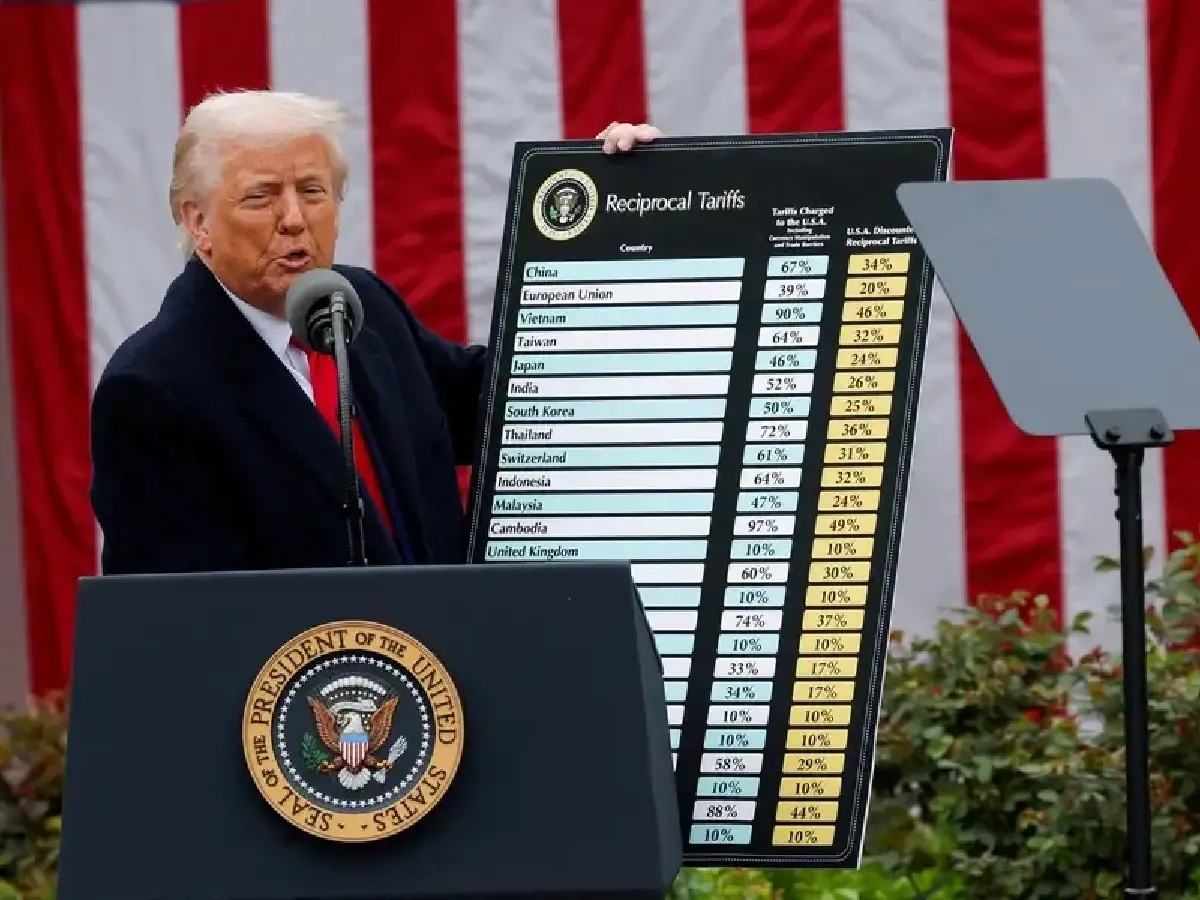In an era where global trade dynamics are increasingly complex and integral to economic growth, the notion of free trade assumes a central role in shaping international relations and national prosperity. Free trade agreements (FTAs) between countries have historically been the cornerstone to fostering peaceful, cooperative ties and promoting mutual gains through commerce and investment. However, what happens when the world’s largest economy takes a step back from championing global trade liberalism? This question is becoming especially relevant as nations consider the implications of potential shifts in trade policy from major global players such as the United States.
Traditionally, the U.S. has been a staunch supporter of free trade, advocating for reduced trade barriers and enhanced economic integration. However, recent political and economic currents have hinted at a more protectionist stance, echoing sentiments of prioritizing national over global interests. This raises a question of critical importance: Could the world adapt to a scenario where the U.S., historically a global leader in promoting free trade norms, takes a back seat?
The answer may lie in the resilience and agility of the international trade system itself and the emerging roles of other global players who could step up to fill the void left by the U.S. Countries such as China, the European Union member states, and Canada have begun to position themselves as new standard-bearers for free trade. The Comprehensive and Progressive Agreement for Trans-Pacific Partnership (CPTPP) and the Regional Comprehensive Economic Partnership (RCEP) are prime examples of this shift. These multilateral agreements aim to bolster economic ties between member countries, reduce tariffs, and standardize regulations without U.S. involvement.
The benefits of free trade – increased efficiency, access to broader markets, and the stimulation of innovation – remain persuasive arguments for its adoption. Countries that have engaged deeply with free trade practices, like South Korea and Germany, have witnessed transformative economic growth and development. Through free trade, nations are able to specialize in industries where they hold competitive advantages, thereby maximizing economic output and providing consumers with a wider variety of goods at lower prices.
Moreover, small and medium enterprises (SMEs) stand to gain significantly from free trade. By removing barriers and facilitating easier access to international markets, these businesses can expand beyond their domestic borders, spurring job creation and economic diversification. Furthermore, consumers benefit from free trade due to increased competition which typically results in lower prices and more choices.
However, the transition to a potentially U.S.-less free trade world is not without its challenges. One major concern is the vacuum of leadership in championing global trade norms and practices. Leadership in trade not only involves the negotiation of terms and conditions in FTAs but also ensuring compliance with and enforcement of these agreements. Additionally, there is the risk that without a significant promoter of free trade, protectionist policies could gain ground, leading to possible trade wars which historically have proven economically detrimental.
This underscores the necessity for other nations to not only partake in but also robustly support and lead the advocacy for free trade. It is crucial for these countries to build coalitions and frameworks that ensure the continuity and efficacy of free trade agreements. By doing so, they can sustain the global momentum towards lower barriers to trade, while also addressing emerging economic challenges collaboratively.
In conclusion, while the U.S. has been pivotal in the development of the modern free trade system, the global economy is arguably robust enough to withstand shifts in U.S. policy stance. With other nations emerging as champions of free trade, there remains a hopeful outlook for the continued prosperity that free trade brings. Adaptation and proactive leadership will be key in navigating this new era of global commerce.










